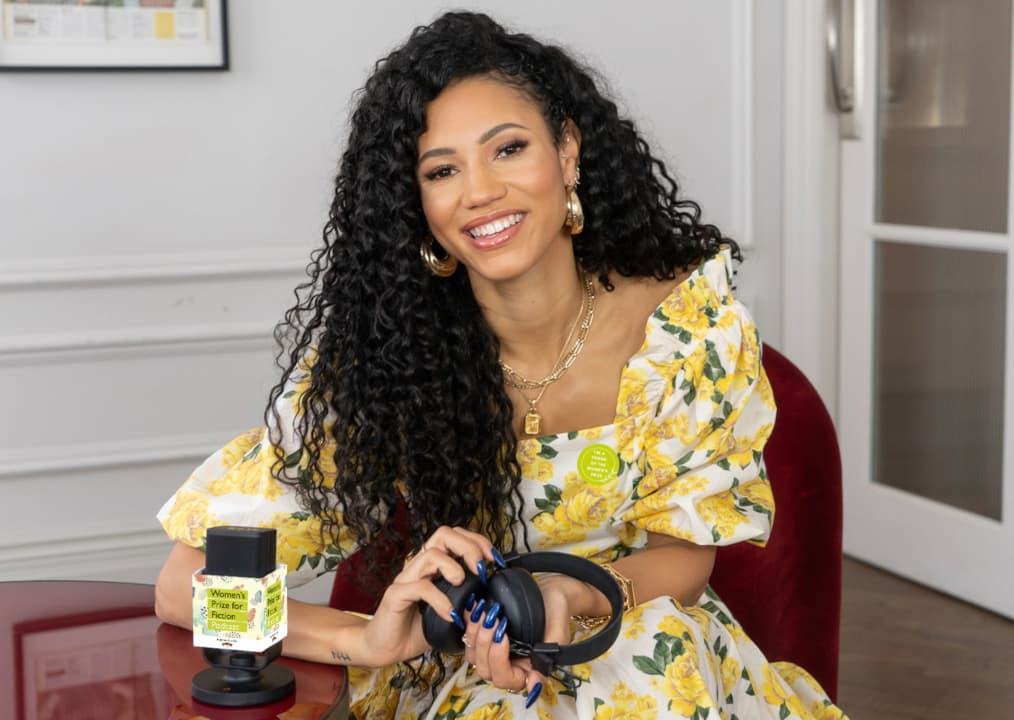FAQs
Why is the Women’s Prize for Fiction only open to women?
The inspiration was the Booker Prize of 1991 when none of the six shortlisted books was by a woman, despite some 60% of novels published that year being by female authors. A group of women and men working in the industry – authors, publishers, agents, booksellers, librarians, journalists – therefore met to discuss the issue.
Research showed that women’s literary achievements were often not acknowledged by the major literary prizes. The idea for the Women’s Prize for Fiction – previously the Baileys Women’s Prize for Fiction and the Orange Prize for Fiction – was born.
Twenty-five years later, the Women’s Prize for Fiction is firmly established, is respected throughout the world and has made a major impact on the literary landscape in the UK and beyond. It also makes a significant difference to the profile and sales of authors shortlisted.
Why is the Women’s Prize for Fiction judged by women?
When setting up the Prize, the founders wanted to celebrate women’s critical views as well as their creative achievements. And it makes an interesting point of difference with other Prizes. However, over the past 25 years, the organisers have run parallel mixed male/female panels and youth panels, as part of ongoing investigations into whether or not there are significant differences in the ways differently-composed panels work and reach decisions.
The aim is always to celebrate women’s creative achievements and international writing, whilst also stimulating debate about gender and writing, gender and reading, and how the publishing and reviewing business works.
What do the winners receive?
Each winner of the Women’s Prize for Fiction receives £30,000, and a limited edition bronze figurine called the ‘Bessie’. Both are anonymously endowed. Created by the artist Grizel Niven, the 7.5 inch figure of a standing woman is cast in bronze once a year and presented to the winning author, along with her cheque, at the Award Ceremony.
The winner and other five shortlisted authors also receive a bespoke leather-bound edition of their novel created by Christine Cleaton.
Is anything known about the anonymous donation?
A representative of the anonymous donor contacted co-founder Kate Mosse, after a Radio 4 interview she had done talking about the idea of setting up a prize to celebrate literary achievements. She wanted no publicity for herself at all, she was not involved in the world of books or media, but explained she had received a great deal of pleasure from reading over her long life. A trust fund, originally administered by Book Trust (and now by the Society of Authors), was set up to provide the prize money in perpetuity and is wholly separate from any arrangements with a corporate sponsor.
The cast of ‘The Bessie’ was donated by the sculptor, the late Grizel Niven. It is recast in a slightly different colour bronze each year, so that each ‘Bessie’ is unique. It was thanks to the generosity of Grizel Niven and the anonymous donor that the prize was able to take root and to flourish, once our first sponsor – Orange – became involved.
Who has won the prize?
A full list of all our previous winners, longlists, shortlists and judges may be found in the ‘Archive‘ section.
What was the Orange Award for New Writers?
The Orange Award for New Writers was awarded between 2006 and 2010. For more information, click here.



